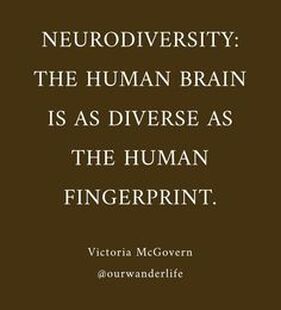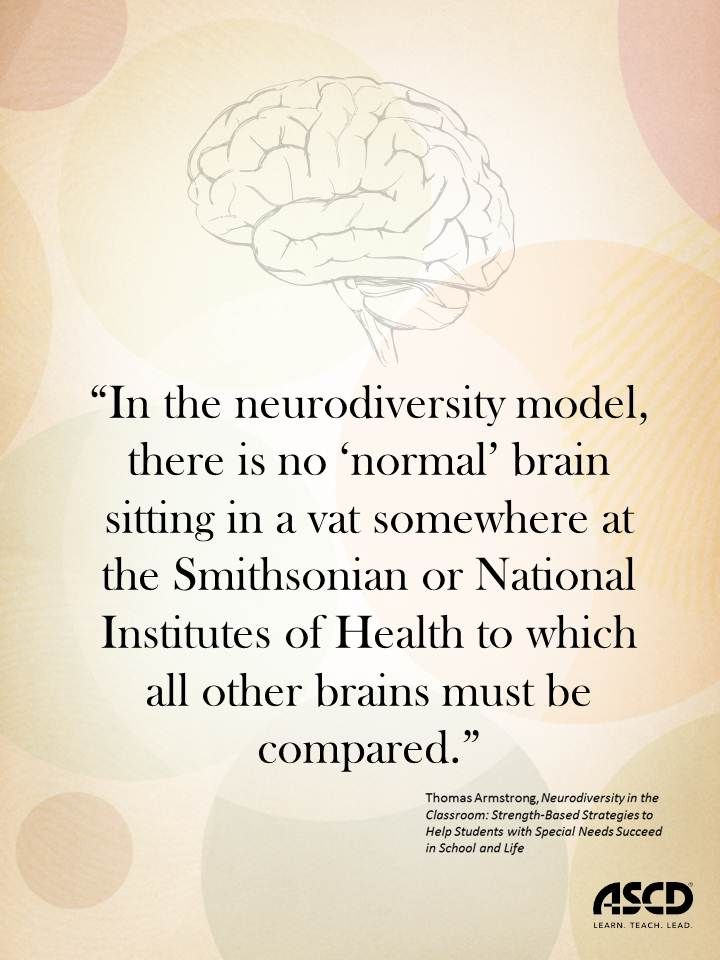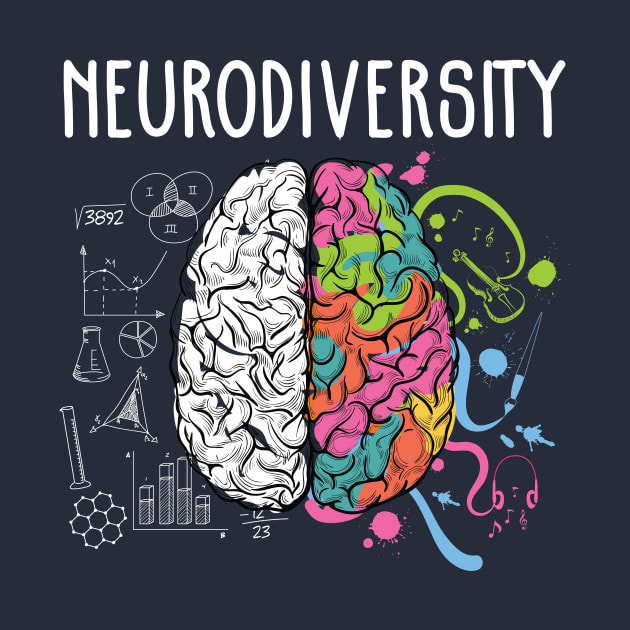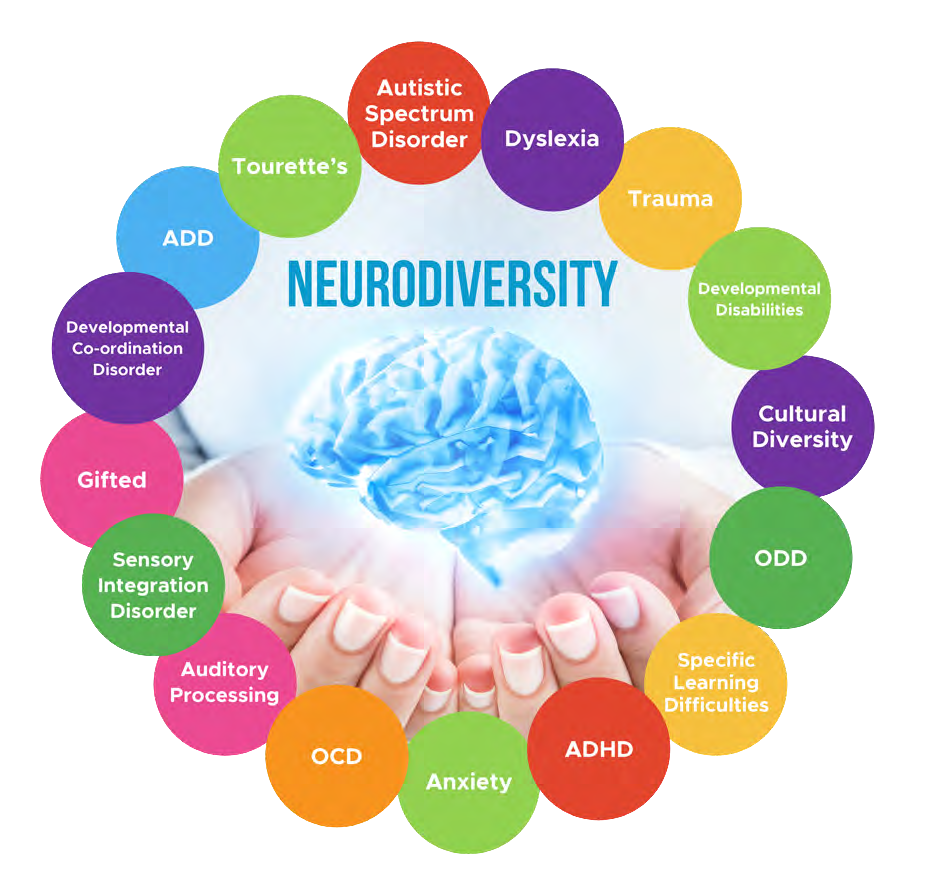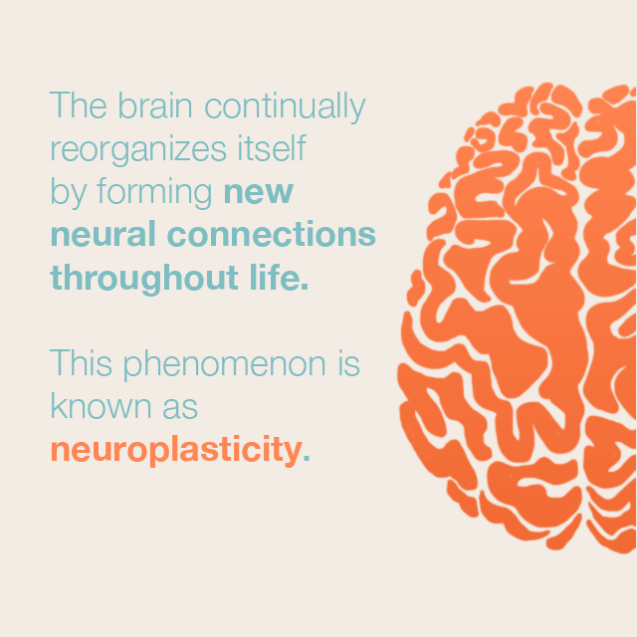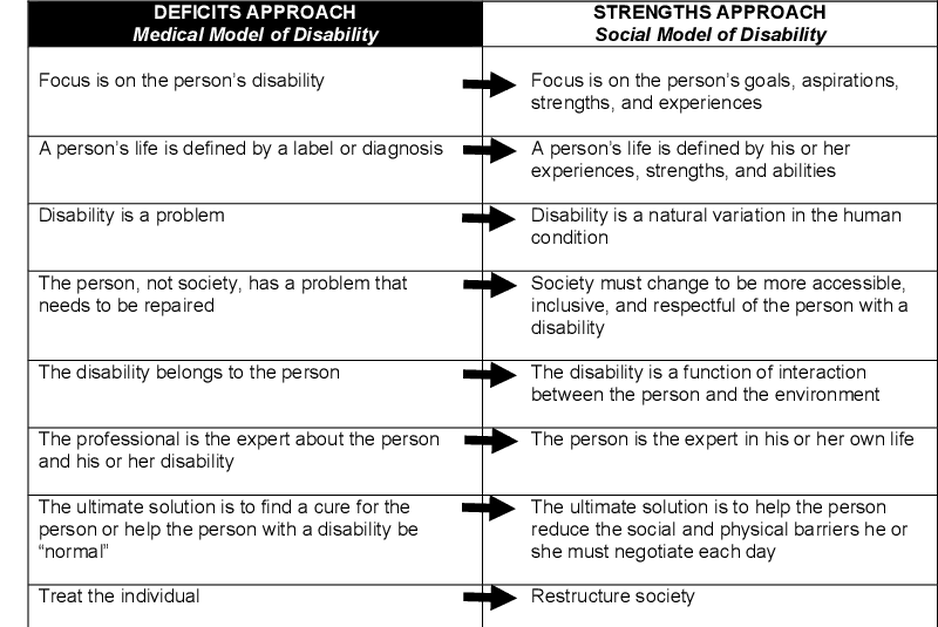NEUROLOGY & Developmental Pathways |
|
In this Neurology section, you will learn more about many diverse learning abilities and challenges that changes how an individual learn. The main focus is empowering the individual and you, with positive strength based strategies and focus on coping or harnessing them to be able to learn. Neurodiversity: |
Before we begin, let's have a look at the architecture of our brain.
|
|
|
|
Neuro Transmissions
is a channel on a mission to bring neuroscience to everyone. It's not rocket surgery, it's brain science! |
When we embrace the diversities of our brain,
labels do not serve as purpose of being a deficit.
It is in fact a through understanding of the individual's
learning mode and way of processing the world.
Here are some simple videos to help you understand a little more about how our brain
receives information.
|
|
|
|
|
We are a whole lot of body systems working together. Here is a brief introduction to each of the 11 human organ systems including the circulatory, digestive, endocrine, excretory, integumentary, lymphatic/immune, muscular, nervous, reproductive, respiratory, and skeletal systems.
|
|
The central nervous system (CNS) is made up of the brain, the spinal cord, and the optic nerves. The central nervous system controls thought processes, guides movement, and registers sensations throughout the body.
|
|
Neuroplasticity
It is the understanding that experiences are able to change our brains, and that our brain’s structure and capacity are not fixed. There is no age limit for learning. Even when we are old, our brains are not fixed, nor is cognitive ability. Every individual has different neural pathways to learn something new every day. |
CLICK THE CROSS TO REVEAL
An excellent infographic explaining neuroplasticity has been produced by Alta Mira,
a San Francisco rehabilitation and recovery centre.
An excellent infographic explaining neuroplasticity has been produced by Alta Mira,
a San Francisco rehabilitation and recovery centre.
STENGTH BASED APPROACH IN EDUCATION
|
The strength-based approach is a paradigm shift for educators, professionals and caregivers. Focusing on an individual's strength is not that easy for many, due to our Asian cultural affects of negative feedback and shaming habits. The truth is, there is a huge difference with empathetic constructive criticism and pathological criticism. Right from mainstream primary, pathological criticism can be found in students' report books. Negative criticism in this manner acts as a form of shame and punishment, aiming to fix what is deemed as bad behavior. Students perceive results as a form of self-worth, there is no mentality of willing to learn about what struggles they might be going through. Strength-based approach empowers learners and allows educators to be open to learning, by validating their struggles, we begin to seed confidence, and empower them by embracing their neurologies, strengths and challenges, and work with it instead of against it. |
|
Giving access and accomodations is not an act of Privilege.
Privilege is the absence of obstacles and barriers.
If we are blind in two eyes, asking for help is not an act of privilege.
By being blind in two eyes, we have a barrier to seeing.
Giving access and accomodations, removes the barriers
and gives the same opportunity to learn and do the same things.
Below are some articles about this topic that hopefully can help parents and professionals improve on this in our education settings.
Strengths-Based IEPs: What You Need to Know
|
|
Please DO NOT print out for DISTRIBUTION/ SALE or infringe copyrights. These are only used to share knowledge purposes.
This resource site includes inclusive services for all types of professionals. The reviews are from parents who shared their positive experiences with them. Do note that every individual is unique, and not every service provider is one size fits all. Negative feedback will not be displayed but do contact us if you feel that there are concerns, and we will decide to review for removal on a case-by-case basis. If you have come across any inclusive services that could benefit another family do contact us to place their services for other parents to find. Thank you people :D
Facebook Advocacy:
(Updated events and sharings will be also available at
www.facebook.com/ANeurodiversityRoadOfLoveSg/
This resource site includes inclusive services for all types of professionals. The reviews are from parents who shared their positive experiences with them. Do note that every individual is unique, and not every service provider is one size fits all. Negative feedback will not be displayed but do contact us if you feel that there are concerns, and we will decide to review for removal on a case-by-case basis. If you have come across any inclusive services that could benefit another family do contact us to place their services for other parents to find. Thank you people :D
Facebook Advocacy:
(Updated events and sharings will be also available at
www.facebook.com/ANeurodiversityRoadOfLoveSg/
Copyright © 2017 NEURODIVERSE INCLUSIVE CENTRAL E-NETWORK . ALL RIGHTS RESERVED
